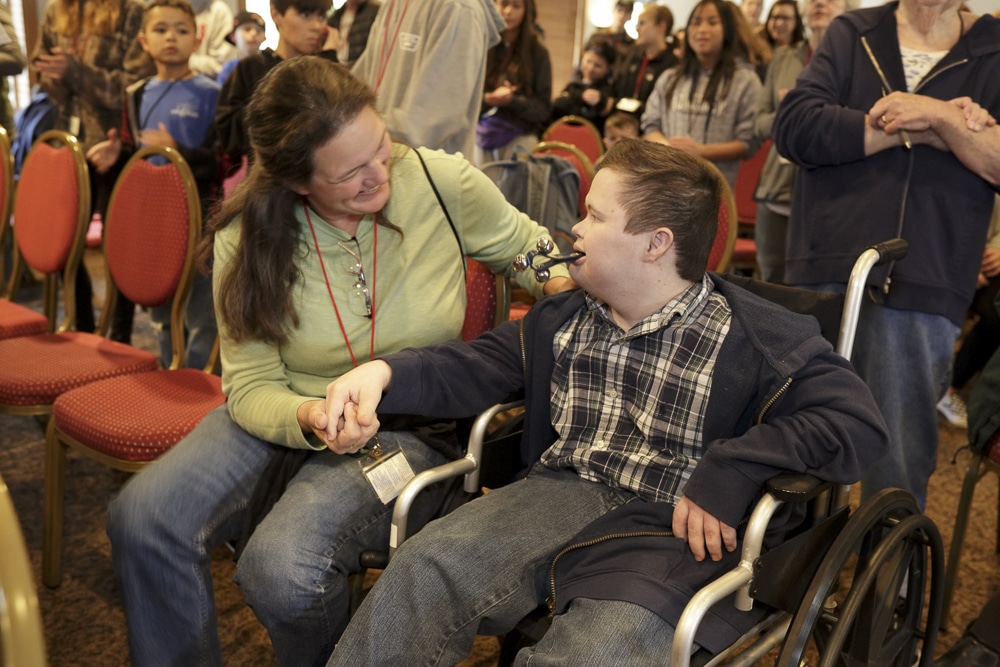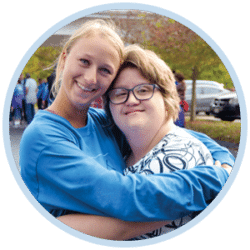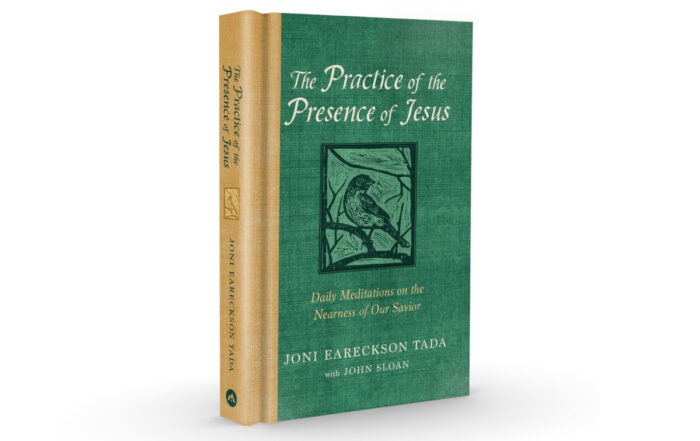I’ll Be Your Arms and You’ll Be My Legs
Back in February, Joni and Friends published an article on “Supporting Families Living with Disability.” That article wound up being more prescient and relevant for the coming months than any of us could have anticipated. One quote in particular is worth revisiting:
“When people are in a season of illness, or stress, or grief, the church is marvelous at offering a rapid response. But how can we offer practical support to families whose season does not have an end in sight? For families affected by disability, their “season” of need can be years or decades long. When a church’s support structure is built for a sprint, how do we retrain for a marathon?”
As weeks turn to months, and months blend into more months, the “coronavirus marathon” is an apt analogy. Even many “typical” families now find themselves with “additional needs,” highlighting a core truth of any good ecclesiology or biblical anthropology:
We are all needy; we are all needed.

This truth is revealed so clearly in the memoirs of 19th-century pastor Robert McCheyne. He records the striking account of an African leper colony.
“He noticed two (lepers) sowing peas in the field: The one had no hands, the other had no feet—these members being wasted away by disease. The one who wanted (lacked) the hands was carrying the other who wanted (lacked) the feet upon his back, and he again carried in his hands the bag of seed, and dropped a pea every now and then, which the other pressed into the ground with his foot; and so they managed the work of one man between the two.”
In times of ease and plenty, it’s easy to clump people into two camps; it’s tempting to sort people into those who are helpers and those who are helped.
Stripped of the things that have typically provided a sense of security and stability, many of us suddenly find ourselves in a position of need, surrounded by people with needs. Without our employment, we may feel like we’re lacking arms. Without in-person learning for our children, we may feel like we are without legs. Without regular face-to-face interaction, we may be starved for friendship and human connection.

If the church is going to provide meaningful support to its people, it needs needy people to help!
As church leaders, you can help your congregation discover what they have to offer, and where they need to ask for help. The good news is that God can use you in our abundance and in your lack. Consider the narrative we find in Luke.
“(Jesus) looked up and saw the rich dropping their offerings into the temple treasury. He also saw a poor widow dropping in two tiny coins. ‘Truly I tell you,’ he said, ‘this poor widow has put in more than all of them. For all these people have put in gifts out of their surplus, but she out of her poverty has put in all she had to live on.’”
Luke 21:1-4 (NIV)
Many of us have suddenly found ourselves in the position of the widow. Perhaps our finances are in dire straits and our lack of social interaction has left us emotionally fragile. Maybe our disability feels like an anchor weighing us down. But our weakness and needs do not preclude us from helping in other areas. A man without arms and a man without legs each have their own set of needs. But the things they lack can be supplied by what the other possesses!
“Now as we have many parts in one body, and all the parts do not have the same function, in the same way we wo are many are one body in Christ and individually members of one another.”
Romans 12:4-5 (CSB)
Our dependence on one another is not an accident! From the very beginning, God said, “it is not good for man to be alone.” If our current circumstances can hammer home the reality that neediness and being needed are not antithetical, perhaps our churches can truly prepare for the marathon of caring for and including individuals and families with special needs, disability, and chronic illness.
Let us pray that we now see clearly what Scripture has always taught:
We have always needed one another.

Do You Have Questions?
Contact us at [email protected] or call (818) 707-5664. We’re here for you. Your ministry’s success is our highest priority!





